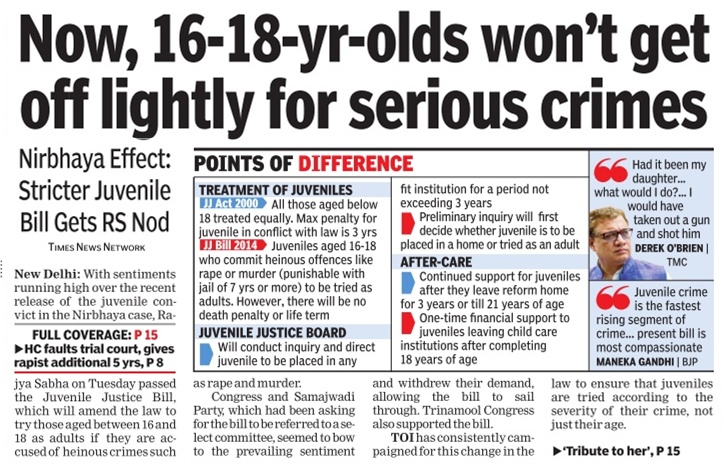recently there has been seen a manifold increase in crimes committed by minors who are under 18. While analyzing the factors answerable for the spurt in rate, the experts strongly believe that the rural-urban conflict is at the core of those crimes in cities, especially underage crimes. The largely rural and semi-urban background of most of the offenders points to it directly.

In step with the researchers, these youngsters aren’t benefitting from the economic reforms as compared to their educated and professional counterparts within the cities. They feel neglected, frustrated, and distressed which ends up in crimes like murder, etc.

An increase in the number of rural people migrating to cities in search of higher life opportunities, however, doesn’t prepare them for the urban value system. the kids are often neglected, as both parents are working and unable to spend time with them. The kids don’t get the eye and right values essential for upbringing. As far as one of the reports is concerned, ‘Why Children Commit Offences’ published by the Delhi Commission for the defense of kid Rights (DCPCR) in June 2015 focused on children in conflict with the law in Delhi.
The report looks at multiple issues just like the socio-economic profile of youngsters with a listing, the character of offence that these children were accused of and analyzed the factors that push children towards deviant behavior.

The report highlighted the role of the family, the community, the varsity and education likewise the peer influence. The report after studying 182 children in observation homes, special homes found that poverty is one among the largest contributing consider children taken to crimes.
Most of the kids had undergone multiple deprivations with low economic households, uneducated parents; disrupted families. the kids were dropouts and dealing independently to support their families.

